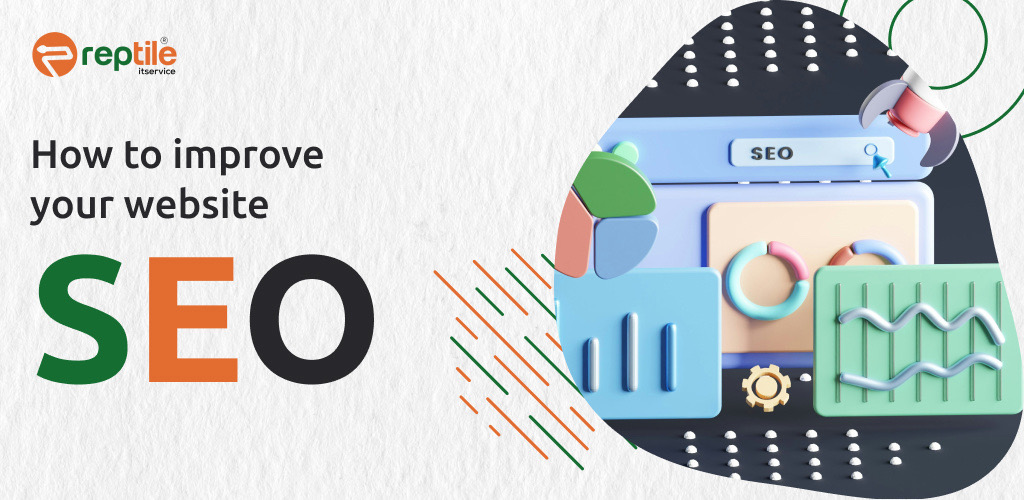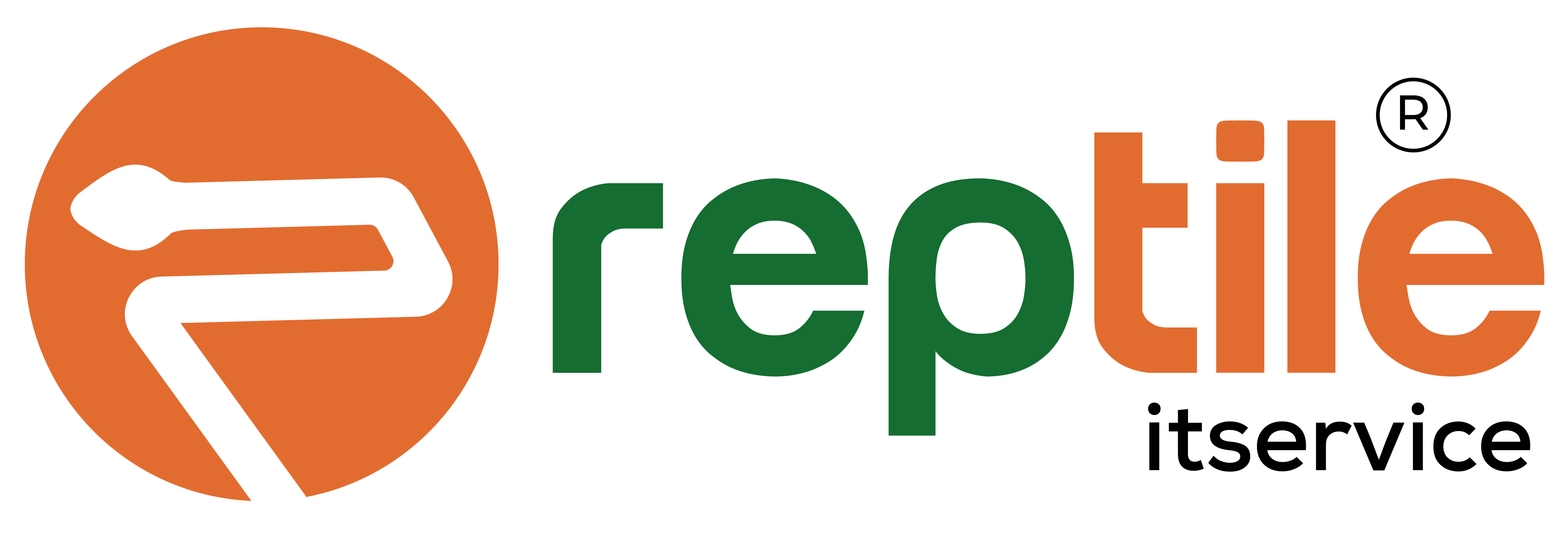
In today’s digital arena, your website is your storefront, your voice, and often the first interaction potential customers have with your brand. But having a beautiful website is only half the battle. To truly thrive, you need to be visible where it matters most: on search engine results pages (SERPs) like Google. That’s where Search Engine Optimization (SEO) comes in.
Think of SEO as the art and science of optimizing your website to rank higher in search results for relevant keywords. It’s not about tricking the system; it’s about making your website more appealing and understandable to search engines, ultimately connecting you with the people actively searching for what you offer.
Ready to boost your online presence and attract more organic traffic? Here are actionable tips to improve your website’s SEO:
1. Lay the Right Foundation: Keyword Research is King
Before you write a single word or optimize a single image, you need to understand what your target audience is searching for. This is where keyword research comes in.
- Identify Relevant Keywords: Brainstorm terms and phrases related to your products, services, and industry. Think from your customer’s perspective. What questions are they asking? What problems are they trying to solve?
- Utilize Keyword Research Tools: Tools like Google Keyword Planner, SEMrush, Ahrefs, and Moz Keyword Explorer can help you discover search volume, competition levels, and related keyword ideas.
- Focus on Long-Tail Keywords: These are longer, more specific phrases (e.g., “best affordable app development company in Delhi”). While they have lower search volume individually, they often have higher conversion rates as they target a more specific intent.
2. On-Page Optimization: Making Your Content Search Engine Friendly
This involves optimizing the elements within your website itself to improve its visibility.
- Optimize Title Tags and Meta Descriptions: These are the snippets that appear in search results. Craft compelling and keyword-rich titles and descriptions that accurately reflect your page content and entice users to click.
- Strategic Use of Header Tags (H1-H6): Use header tags to structure your content logically and highlight important keywords. Your main page title should ideally be an H1 tag.
- High-Quality, Relevant Content: Content is still king! Create valuable, informative, and engaging content that answers your audience’s questions and satisfies their search intent. Ensure your content is well-written, original, and in-depth.
- Image Optimization: Optimize your images by using descriptive file names, adding relevant alt text (which describes the image to search engines), and compressing them for faster loading times.
- Internal Linking: Link relevant pages within your own website. This helps search engines understand your site structure and distribute link equity.
- Mobile-Friendliness: With the majority of searches happening on mobile devices, having a responsive and mobile-friendly website is crucial. Google prioritizes mobile-first indexing.
- Page Speed Optimization: A slow-loading website can frustrate users and negatively impact your rankings. Optimize your images, leverage browser caching, and consider using a Content Delivery Network (CDN).
- URL Structure: Use clean, concise, and keyword-rich URLs that are easy for both users and search engines to understand.
3. Off-Page Optimization: Building Authority and Trust
This involves activities you do outside of your website to build its authority and reputation in the eyes of search engines.
- Earning High-Quality Backlinks: Backlinks (links from other reputable websites to yours) are a significant ranking factor. Focus on earning natural backlinks by creating valuable content that others want to link to.
- Guest Blogging: Writing guest posts for other relevant websites in your industry can help you reach a new audience and earn valuable backlinks.
- Online Directories and Listings: Ensure your business is listed accurately in relevant online directories and local listings.
- Social Media Marketing: While social signals aren’t a direct ranking factor, a strong social media presence can drive traffic to your website and increase brand visibility.
- Brand Mentions: Even unlinked mentions of your brand on other websites can contribute to your authority.
4. Technical SEO: Ensuring Your Website is Crawlable and Indexable
This focuses on the technical aspects of your website that help search engines crawl and understand your content.
- XML Sitemap: Submit an XML sitemap to search engines to help them discover and index all the important pages on your website.
- Robots.txt File: Use a robots.txt file to instruct search engine crawlers which pages they should or shouldn’t access.
- HTTPS Implementation: Ensure your website is secure with HTTPS. It’s a ranking signal and crucial for user trust.
- Schema Markup: Implement schema markup (structured data) to provide search engines with more context about your content, which can lead to rich snippets in search results.
- Fix Broken Links: Regularly check for and fix any broken internal or external links on your website.
5. Track, Analyze, and Adapt:
SEO is an ongoing process, not a one-time fix. It’s crucial to track your progress, analyze your results, and adapt your strategy accordingly.
- Utilize Google Analytics and Google Search Console: These free tools provide valuable insights into your website traffic, keyword rankings, and technical SEO issues.
- Monitor Your Keyword Rankings: Track how your target keywords are performing in search results.
- Analyze User Behavior: Pay attention to metrics like bounce rate, time on page, and conversion rates to understand how users are interacting with your
content. - Stay Updated with Algorithm Changes: Search engine algorithms are constantly evolving. Stay informed about the latest updates and adjust your strategy as needed.
Investing in SEO is Investing in Your Future:
Improving your website’s SEO takes time, effort, and consistency. However, the long-term benefits of increased organic traffic, higher brand visibility, and ultimately, more conversions, make it a worthwhile investment for any business looking to succeed in the digital landscape.
By implementing these actionable tips, you can start to level up your website’s SEO and pave the way for sustainable online growth.
What are your biggest SEO challenges? Share your questions and experiences in the comments below!
